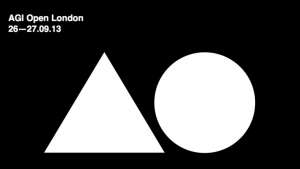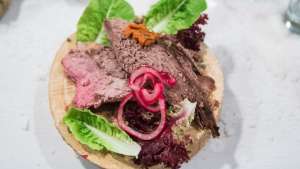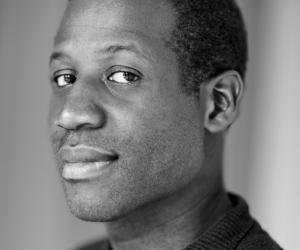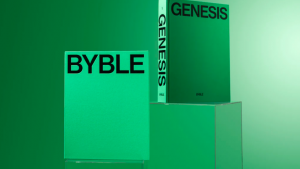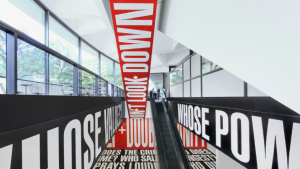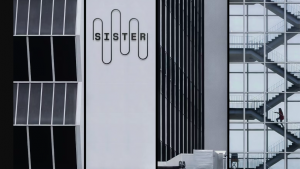From the Series
Pentagram partner Eddie Opara is a London-born graphic designer living in the US. In this interview at AGI Open 2013, he speaks about creating diagrams that capture moments in time, his collaboration with MIT SENSEable City Laboratory and his advice to young designers.
Working in collaboration with MIT SENSEable City Laboratory on Makr Shakr, the robot mixologist or cocktail maker, Opara created a unique typography and user interface. The project derives from the idea of finding a way to integrate robotic technology with social interaction. People are invited to create their own cocktails using their smartphones, and the robots make and serve the cocktails. The robots work with an algorithm that continually produces better and better cocktails, dependent on the person's taste, as it gets feedback from the app.
Opara's Cartogram project derived from "a sense of self-worth" and frustration with a client brief:
A sense of self-worth has seen me providing a product that could sell itself. I often see design as more of a service than as a tool used to create products.
Using infographics and data visualisation, Opara creates a way for information to be mapped in a more sculptural manner. The project entails a series of diagrams that represent maps and countries.
I’m trying to look at these diagrams from an artistic viewpoint as well as a functional viewpoint, he says.
“If you have a good idea, try your best to produce that idea without the sense of a client," is Opara’s advice to designers. In a reversal of the maxim that the customer always comes first, he believes it is really useful and important to make sure designers own their concepts and produce them to the best of their abilities, even if the concept is not liked by the client.
If a client had a concept that you thought was absolutely stupid and you had a better concept but yet they didn't want to listen – make sure they don't own that concept. Make sure you own the concept and then you produce it, ends Opara.

